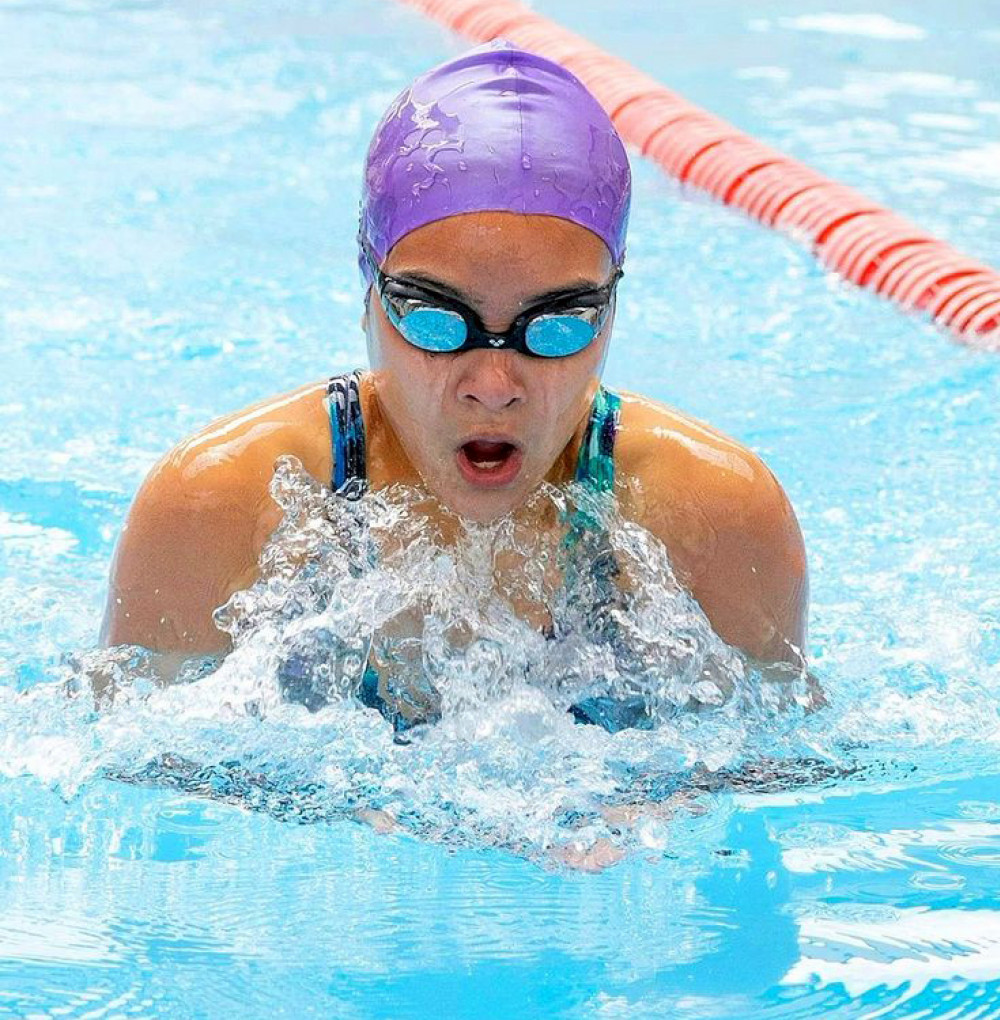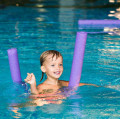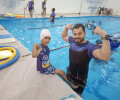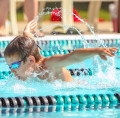
Learn Butterfly Stroke in Swimming Skills
2025-02-22 - swimmingIntroduction to the Butterfly Stroke
The butterfly stroke is one of the most challenging yet visually captivating swimming styles. Known for its rhythmic motion and powerful execution, it involves simultaneous arm movements and a dolphin-like kick, making it both unique and effective.
Importance of Learning the Butterfly Stroke
Mastering the butterfly stroke adds variety to your swimming skills, enhances your physical fitness, and provides a sense of accomplishment. It’s a great way to elevate your swimming proficiency.
Key Benefits of the Butterfly Stroke
Full-Body Workout
The butterfly stroke engages multiple muscle groups, including your shoulders, chest, core, and legs, offering a thorough workout.
Improved Swimming Efficiency
Once mastered, this stroke allows for smooth and fast movement through the water, making it highly efficient for competitive swimmers.
Enhanced Cardiovascular Fitness
The intensity of the butterfly stroke significantly boosts your heart rate, improving overall cardiovascular health.
Understanding the Technique
Body Position in the Water
Maintain a streamlined position with your body flat and your head facing downward. This reduces drag and allows you to glide effortlessly.
Arm Movements
The arm movement consists of a powerful pull underwater followed by a sweeping recovery above the water.
Dolphin Kick Technique
Your legs should move together in a wave-like motion, imitating the movement of a dolphin’s tail.
Breathing Techniques
Timing is everything. Lift your head just enough to take a quick breath during the recovery phase of the arms.
Step-by-Step Guide to Mastering the Butterfly Stroke
Warm-Up Exercises
Start with gentle stretches and light swimming to prepare your body.
Practicing the Dolphin Kick
Focus on mastering the dolphin kick by practicing it in isolation.
Learning Arm Movements Separately
Practice arm movements on land or in the water to build muscle memory.
Coordinating Arms, Legs, and Breathing
Combine the elements together in a step-by-step manner, ensuring synchronization.
Common Mistakes and How to Avoid Them
Overarching Arms
Avoid excessive arching during the arm recovery to maintain efficiency.
Poor Timing Between Arms and Legs
Work on the timing to ensure a seamless transition between strokes and kicks.
Ineffective Breathing Technique
Practice breathing drills to improve your timing and technique.
Tips for Faster Progress
Break down your training into manageable sessions for better focus.
Use of Swim Aids
Swim fins and kickboards can aid in practicing specific techniques.
Seek Professional Guidance
An experienced coach can provide personalized tips and corrections.
Butterfly Stroke Drills for Improvement
One-Arm Butterfly Drill
Focus on one arm at a time to refine your technique.
Chest Press Drill
Enhance your dolphin kick and body position with this drill.
Breathing Timing Drill
Improve your breathing by synchronizing it with your strokes.
Benefits of Joining a Swimming Class
Structured Learning
Classes provide a systematic approach to learning.
Peer Motivation
Swimming alongside others can boost your morale.
Access to Expert Coaching
Professional instructors ensure you learn the right techniques.
Maintaining Your Skills Over Time
Regular Practice
Consistency is key to retaining and improving your skills.
Tracking Your Progress
Monitor your improvement to stay motivated.
Participating in Swimming Competitions
Engage in friendly competitions to test your skills and gain experience.
Conclusion
Learning the butterfly stroke is a rewarding journey that combines physical fitness, skill, and a touch of elegance. With consistent practice and proper guidance, anyone can master this fascinating swimming technique.
.












